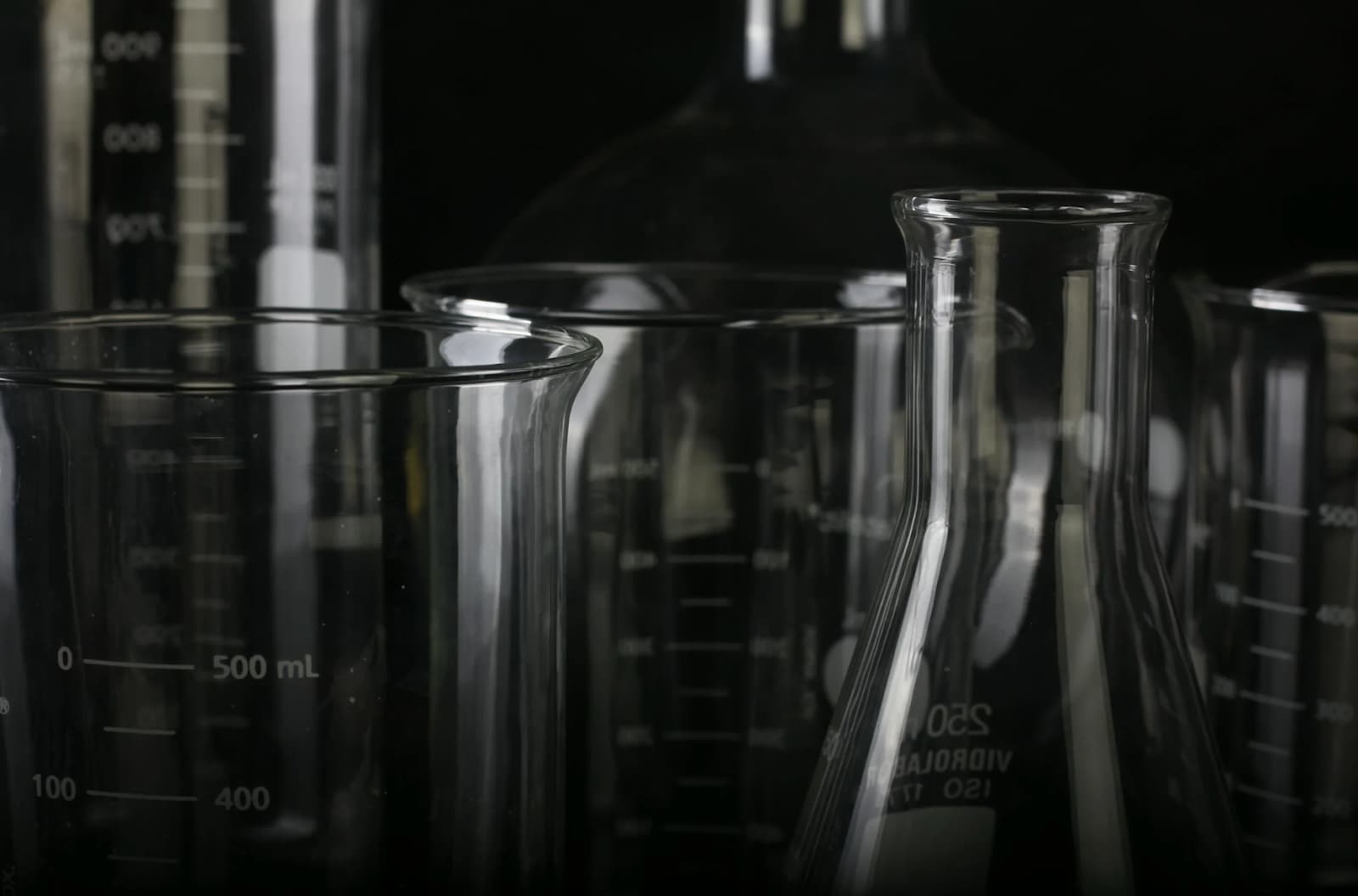Chemical Research Meets Academic Rigor: A Guide to Dissertation Writing
Writing a dissertation is one of the most significant milestones in a graduate student’s academic journey, especially in a complex and technical field like chemistry. The process is not just about conducting innovative research; it’s about presenting your findings in a structured, coherent, and academically rigorous manner. For those looking for additional support in crafting their dissertation, services like https://scriptienakijkservice.nl/scriptie-laten-schrijven/ can provide valuable assistance to ensure quality and clarity in your work.
1. Understanding the Unique Challenges of Chemistry Dissertations
Unlike dissertations in humanities or social sciences, a chemistry dissertation often involves intricate experimental data, analytical methods, and the synthesis of theoretical concepts with practical results.
Key challenges include:
• Managing Complex Data: Presenting large datasets and experimental outcomes in a clear, concise manner.
• Technical Language: Striking the balance between scientific precision and readability.
• Integrating Literature: Demonstrating a deep understanding of existing research while highlighting the novelty of your work.
• Time Management: Balancing lab work, analysis, and writing deadlines effectively.
By recognizing these challenges upfront, you can plan your dissertation writing with clarity and purpose.
2. Structuring a Chemistry Dissertation
A well-structured dissertation is essential for communicating your research effectively. Below is a standard structure for chemistry dissertations, though specifics may vary by institution.
Abstract
The abstract is the first impression of your work. Summarize your objectives, methodology, key findings, and significance in under 300 words. Use concise and impactful language to draw readers in.
Introduction
The introduction sets the stage for your research. Address the following:
• Background: Provide a brief overview of the topic.
• Research Problem: State the problem or gap in existing knowledge your research aims to address.
• Objectives: Clearly outline your research goals.
• Significance: Explain the importance of your work in advancing the field.
Literature Review
A strong literature review demonstrates your understanding of the field. Analyze key studies, identify gaps, and establish how your work builds upon existing research.
Methodology
Detail your experimental design, materials used, and analytical techniques. This section should be clear enough for another researcher to replicate your study. Visual aids such as flowcharts or diagrams can enhance clarity.
Results
Present your findings systematically:
• Use tables, graphs, and charts to display data effectively.
• Avoid interpretation in this section; focus solely on the outcomes of your experiments.
Discussion
Interpret your results in the context of your research question:
• Compare findings with previous studies.
• Highlight any unexpected results and their implications.
• Discuss limitations and suggest areas for future research.
Conclusion
Summarize your main findings, their significance, and the broader implications of your work.
References
Adhere to your institution’s citation guidelines meticulously. Use reference management tools like EndNote or Zotero to streamline this process.
3. Writing Strategies for Success

Start Early and Stay Consistent
Procrastination is the enemy of dissertation writing. Begin drafting sections like the literature review and methodology early, as these often require less data analysis. Set realistic weekly goals to maintain momentum.
Embrace Drafting and Revision
Your first draft is unlikely to be perfect. Focus on getting your ideas down on paper, then refine for clarity, accuracy, and flow. Share drafts with your advisor for feedback at regular intervals.
Leverage Visual Aids
In chemistry, visual representation of data is as important as textual descriptions. Invest time in creating high-quality graphs, tables, and chemical structures using tools like ChemDraw, Origin, or Prism.
Maintain Scientific Rigor
• Be precise in your language; avoid ambiguous terms.
• Double-check all calculations, citations, and experimental details.
• Ensure all hypotheses, methods, and conclusions align logically.
4. Avoiding Common Pitfalls
Overloading with Data
While it’s tempting to include every piece of data, focus on results that directly support your research objectives. Supplementary materials can house additional data if necessary.
Neglecting Proofreading
Errors in grammar, formatting, or data presentation can undermine the quality of your dissertation. Consider hiring a professional proofreader or using tools like Grammarly to polish your work.
Ignoring Feedback
Constructive criticism from your advisor or peers is invaluable. Use it to identify weaknesses and improve your dissertation.
5. Staying Motivated During the Writing Process
Writing a dissertation can feel overwhelming, but maintaining motivation is crucial. Here are some tips:
• Break It Down: Divide the process into manageable chunks, such as one section or chapter at a time.
• Reward Milestones: Celebrate small achievements to keep spirits high.
• Seek Support: Join a study group or seek mentorship from peers who have completed their dissertations.
• Remember the Goal: Visualize the sense of accomplishment and opportunities that come with completing your PhD.
6. Tools and Resources for Chemistry Dissertation Writing
Writing Tools
• LaTeX: For complex equations and professional formatting.
• Microsoft Word: Ideal for collaborative editing and formatting.
• Mendeley/Zotero: For organizing and citing references.
Visualization Tools
• ChemDraw: For creating chemical structures and reactions.
• GraphPad Prism: For statistical analysis and graphing.
Time Management Apps
• Trello/Asana: For task tracking.
• Pomodoro Timer: For maintaining focus during writing sessions.
Conclusion
A chemistry dissertation is not just a document; it’s a culmination of your research efforts and a significant contribution to the field. By understanding the challenges, structuring your work effectively, and leveraging the right strategies and tools, you can create a dissertation that is both academically rigorous and professionally impactful. Remember, the key to success lies in meticulous planning, consistent effort, and a passion for your research.

